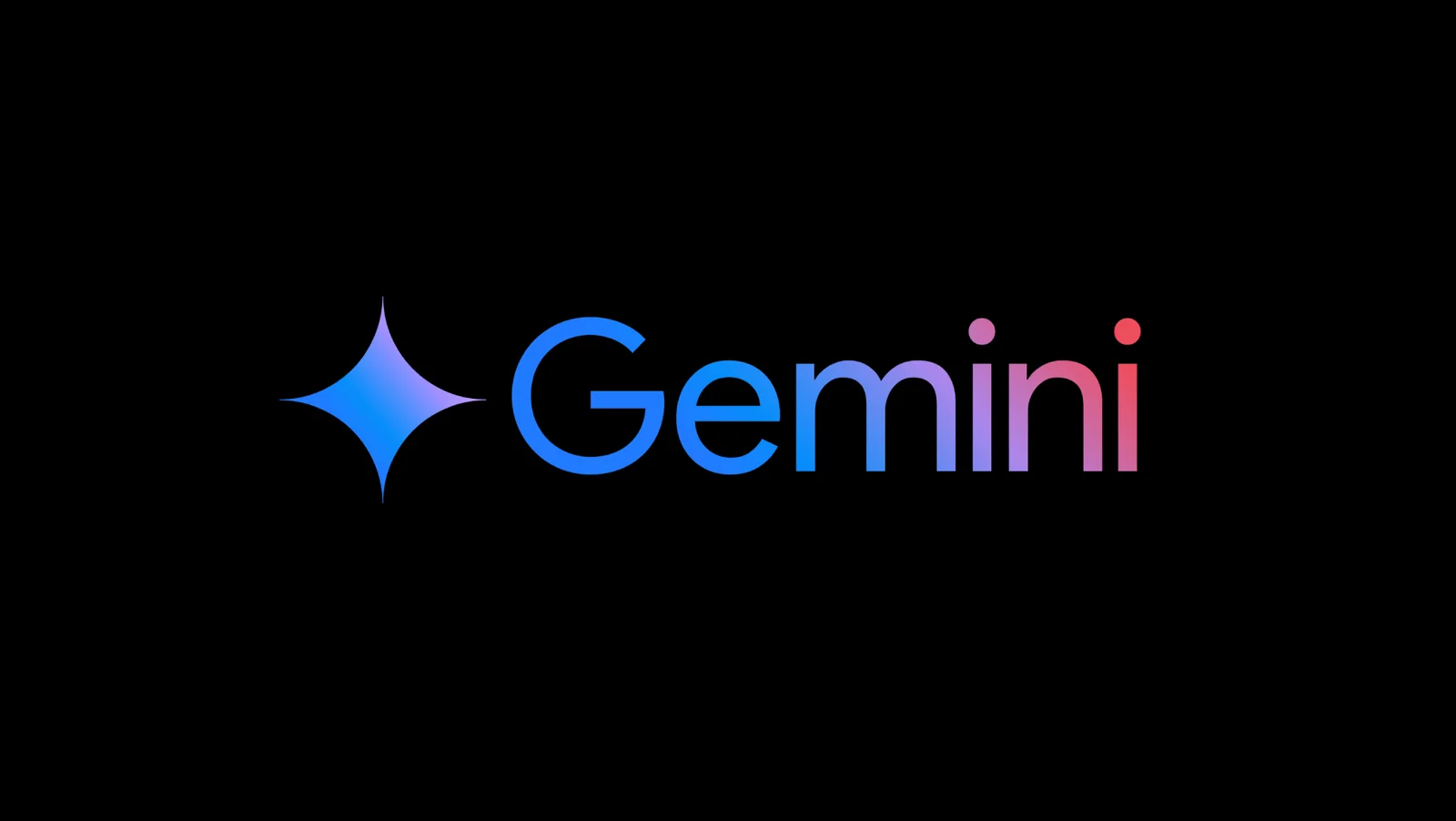OpenAI will build a new campus in Saline Township, Michigan, as part of a 4.5 GW partnership with Oracle. Planned US capacity now exceeds 8 gigawatts. Investment over the next three years is expected to surpass $450 billion.
Leaders frame Stargate as a path to reindustrialise the United States while expanding access to AI benefits. Projects generate jobs during buildout and strengthen supply chains. Communities are intended to share gains.
Related Digital will develop the Michigan site, with construction expected in early 2026. More than 2,500 union construction roles are planned. A closed-loop cooling system will significantly reduce on-site water consumption.
DTE Energy will utilise existing excess transmission capacity to serve the campus. The project, not local ratepayers, will fund any required upgrades. Local energy supplies are expected to remain unaffected.
Expansion builds on previously announced sites in Texas, New Mexico, Wisconsin, and Ohio. Programmes aim to bolster modern energy and manufacturing systems. Michigan’s engineering heritage makes it a focal point for future AI infrastructure.
Would you like to learn more about AI, tech, and digital diplomacy? If so, ask our Diplo chatbot!









